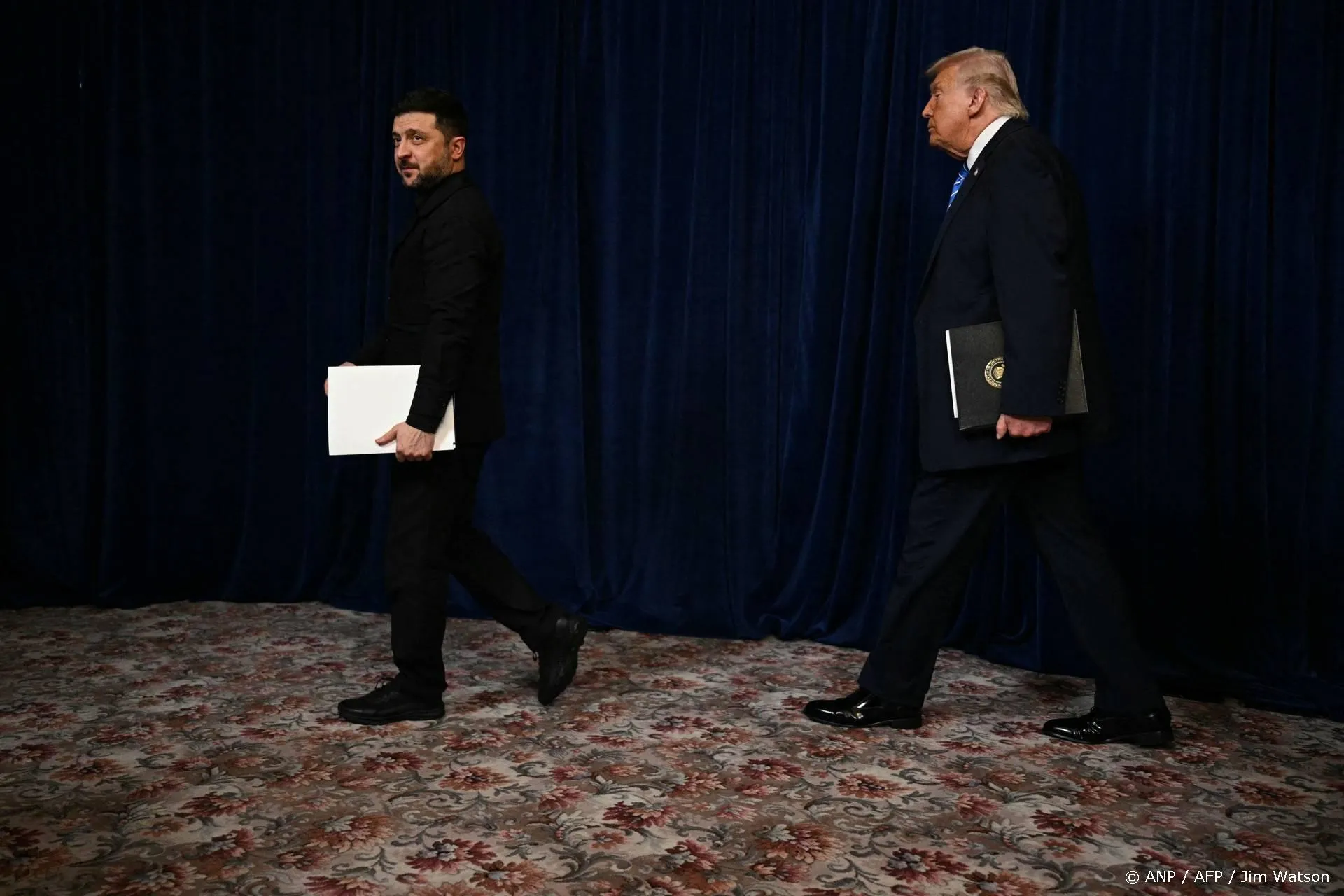Klimaathysterie over hoogtepunt heen
The global warming hysteria is well and truly over. How do we know? Because all the relevant indicators polls, news coverage, government u-turns and a manifest lack of interest among policy makers show a steep and deepening decline in public concern about climate change. Public opinion is the crucial factor that determines whether policy makers advance or abandon contentious policies. Surveys in the United Kingdom and other European nations reveal that the levels of concern about global warming have been falling steadily in recent years.
Media coverage of climate change has dropped sharply. The public's concern about global warming as a pressing problem is in marked decline not least because of the growing realisation that governments and the international community are ignoring the advice of climate campaigners. Instead, most policy makers around the world refuse to accept any decisions that are likely to harm national interests and economic competitiveness. They are assisted in this policy of benign neglect by a public that has largely become habituated to false alarms and is happy to ignore other claims of environmental catastrophe that are today widely disregarded or seen as scare tactics.
As a result of the failure by the international community to agree a global climate treaty, investors are exiting green projects and carbon trading schemes. Most of the leading carbon trading organisations have been shut down. [Noot HL: Helaas niet in de EU.] In February, the UK Climate Camp movement announced that the green campaign group was terminating its campaign. Activists for the climate movement explained that the camp was being disbanded and that the group would focus on new and more pressing ecological, social and economic issues.
As a result of climate fatigue and a public backlash against costly green energy schemes, Europe's climate policies are in crisis. Japan's nuclear disaster has made them a lot messier. Due to the nuclear predicament, coal and gas-fired supply are likely to replace lost Japanese and German nuclear power output, a move that will accelerate CO2 emissions in two of the west's leading nations that used to be at the forefront of green energy policies.
Renewable alternatives, in contrast, are too expensive and too feeble to fill the nuclear energy gap triggered by the misfortune at Fukushima. Around Europe, governments are reneging on guaranteed subsidies and feed-in tariffs for renewables. Thousands of solar investors face bankruptcy. Government guarantees are no longer safe this will make green investments ever dicier.
The economic climate for renewable energy subsidies has cooled sharply due to the recession, the financial crisis and not least the global shale gas revolution which is beginning to restrain investment in low-carbon energy projects. The new gas glut is making renewables and nuclear increasingly uncompetitive. The International Energy Agency estimates that there is 250 years' worth of unconventional gas available to the global market. In short, there is no shortage of cheap and abundant energy, but a dead end of conventional energy politics.
Lees ook
Loading


